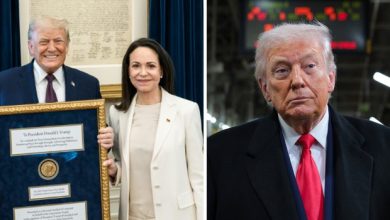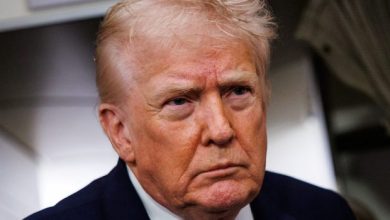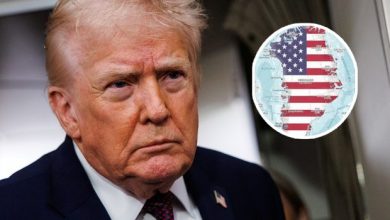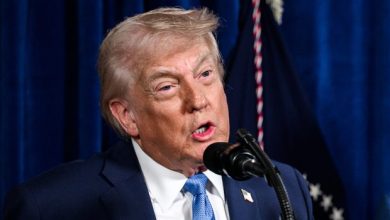Mexico’s president has sharp response to Donald Trump’s order to change Gulf of Mexico to Gulf of America
Within his first 24 hours back in office for a second term, U.S. President Donald Trump signed 25 executive orders, one of which has sparked international debate: the renaming of the Gulf of Mexico to the “Gulf of America.”
The Executive Order: “Restoring Names That Honor American Greatness”
The controversial order, titled Restoring Names That Honor American Greatness, outlines a vision to “celebrate the legacy of our American heroes” by renaming national landmarks, natural wonders, and historic sites.
Two specific examples were highlighted in the order:
- Restoring the name “Mount McKinley” for North America’s highest peak, reverting from the name Denali.
- Officially renaming the Gulf of Mexico as the “Gulf of America.”
The order emphasizes the Gulf’s historical significance, describing it as a “crucial artery for America’s early trade and global commerce” and a “flourishing economic resource” integral to the U.S. economy. Trump’s administration argues that the new name better reflects its importance to the nation’s history and future.
Mexico’s Response
Mexico’s President, Claudia Sheinbaum, responded swiftly to the order, dismissing the renaming effort and reaffirming the Gulf’s original name.
During a briefing on Tuesday, January 21, Sheinbaum remarked:
“He says that he will call it the ‘Gulf of America’ on its continental shelf. For us, it is still the Gulf of Mexico, and for the entire world, it is still the Gulf of Mexico.”
Sheinbaum also emphasized the importance of maintaining diplomacy and adhering to international agreements, regardless of political rhetoric. She reassured the Mexican people, saying:
“The people of Mexico can be sure that we will always defend our sovereignty and our independence.”
Broader Implications
The order has reignited discussions around the symbolic significance of naming landmarks and natural features. Supporters argue that renaming reflects national pride and the enduring legacy of American contributions. Critics, however, see the move as dismissive of the shared history and cultural ties between the U.S. and neighboring nations like Mexico.
The Gulf of Mexico, which spans the borders of the United States, Mexico, and Cuba, is not just a geographical feature but also a shared economic and environmental resource. International recognition of its name is unlikely to shift based solely on a unilateral executive order.
What’s Next?
While the Trump administration may proceed with the domestic implementation of the name change, it is unclear how this will impact international treaties or agreements concerning the Gulf. The move is expected to face legal, diplomatic, and logistical challenges as the debate over national identity and shared heritage continues.












